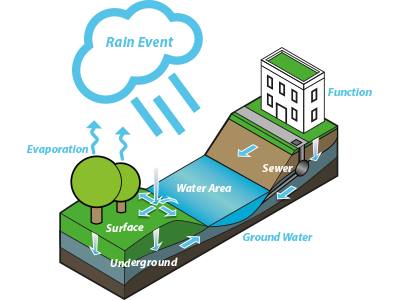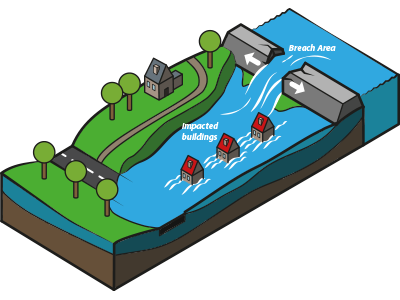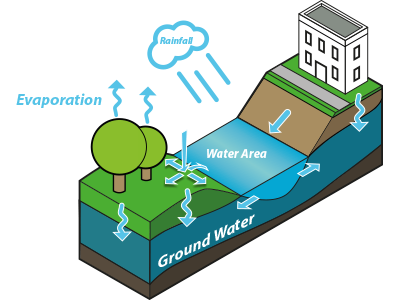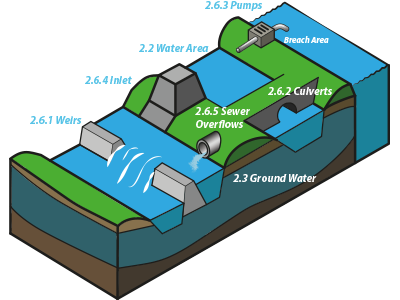Water Module overview: Difference between revisions
Jump to navigation
Jump to search
No edit summary |
No edit summary |
||
| Line 2: | Line 2: | ||
The purpose of this page is to provide an overview of the many components of the [[Water Module]]. It can server as a basis to further explore the details of the available components, the models and formula's behind these components and configurable parameters of these components. | The purpose of this page is to provide an overview of the many components of the [[Water Module]]. It can server as a basis to further explore the details of the available components, the models and formula's behind these components and configurable parameters of these components. | ||
Also see the [[Testbed_water_module|testbed water module]] project, available in all domains, to see the components of the Water | Also see the [[Testbed_water_module|testbed water module]] project, available in all domains, to see the components of the [[Water Module]] in a project. | ||
Revision as of 13:55, 29 April 2019
The purpose of this page is to provide an overview of the many components of the Water Module. It can server as a basis to further explore the details of the available components, the models and formula's behind these components and configurable parameters of these components.
Also see the testbed water module project, available in all domains, to see the components of the Water Module in a project.
- Rain (Weather)
- Surface flow and runoff
- Evaporation
- Infiltration
- Sewer infiltration
- Sewer overflow
- Water storage (for example: Green roof)
Hydraulic structures








